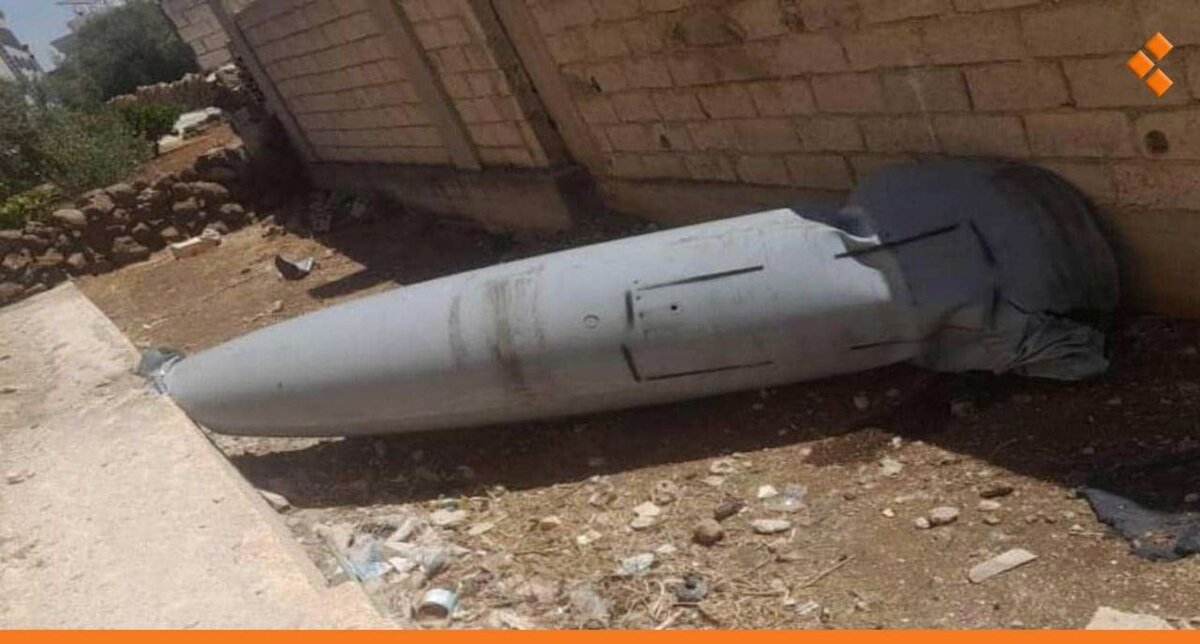أجرى رئيس الأركان الإسرائيلي، إيال زامير، جولة ميدانية لتقييم الوضع في الأراضي السورية التي احتلتها إسرائيل مؤخرًا، برفقة قائد المنطقة الشمالية، جنرال أوري غوردين، وقائد “الفرقة 210″، يائير بالاي، إلى جانب قادة آخرين.
وقال المتحدث باسم الجيش الإسرائيلي للإعلام العربي، أفيخاي أدرعي، مساء الأحد 20 من نيسان، “نحن نسيطر على نقاط مفتاحية ونوجد على الجبهة للدفاع عن أنفسنا بأفضل طريقة”.
المسؤول الإسرائيلي اجتمع في سوريا مع القادة والمقاتلين العاملين في الميدان، وفق أدرعي، وصدّق على الخطط لمواصلة الدفاع والهجوم.
ونقل أدرعي عن رئيس الأركان الإسرائيلي قوله، إن “هذه المنطقة حيوية، لقد دخلنا إلى هنا لأن سوريا تفككت”. وأضاف، “من هذا المكان يمكن رؤية كل من يوجد على هذه السلسلة الجبلية، إنها نقطة استراتيجية. نحن لا نعرف كيف ستتطور الأمور هنا، لكن وجودنا هنا له أهمية أمنية بالغة للغاية”.
الزيارة تعتبر الثانية من نوعها التي يجريها رئيس الأركان الإسرائيلي إلى سوريا، إذ سبق ودخل المنطقة، في 20 من كانون الثاني الماضي، برفقة مسؤولين آخرين، وفق ما قاله أفيخاي أدرعي حينها.
وتتمركز إسرائيل في العديد من المواقع جنوبي سوريا، وهي أراضٍ احتلتها بعد سقوط النظام السوري في 8 من كانون الأول 2024، بينما تتقدم قواتها البرية إلى بعض القرى في القنيطرة ودرعا.
وفي 18 من شباط الماضي، كشفت صور أقمار صناعية عن إنشاء الجيش الإسرائيلي سبع قواعد عسكرية داخل المنطقة العازلة في سوريا، عند الحدود مع الجولان المحتل.
وتُظهر الصور أن المواقع السبعة تمتد من مرتفعات جبل الشيخ في الجزء الشمالي من المنطقة العازلة إلى تل كودنة في الجزء الجنوبي منها، قرب المثلث الحدودي بين إسرائيل وسوريا والأردن.
كما تُظهر الصور انتشار جنود الجيش الإسرائيلي على الحدود مع سوريا، وفق ما ذكرته صحيفة “هآرتس” الإسرائيلية حينها.
وحسب الصحيفة الإسرائيلية، فإن المواقع السبعة تقع في كل من جبل الشيخ، بلدة حضر، جباتا الخشب، الحميدية، مدينة القنيطرة، القحطانية، وتل كودنة.
وسبق أن ذكر مراسل عنب بلدي، في 21 من كانون الثاني الماضي، أن إسرائيل أنشأت ست قواعد عسكرية في محافظة القنيطرة، منها خمس داخل المنطقة العازلة المحددة باتفاق عام 1974، وواحدة خارجها.
وأفاد المراسل أن النقاط العسكرية الإسرائيلية تتوزع على قاعدتين في منطقة حضر (في تلول الحمر قاعدة شمال شرق المدينة وأخرى في قرص النفل شمال غربها)، وقاعدة بين قريتي الحميدية والحرية، وقاعدة عند سد المنطرة.












